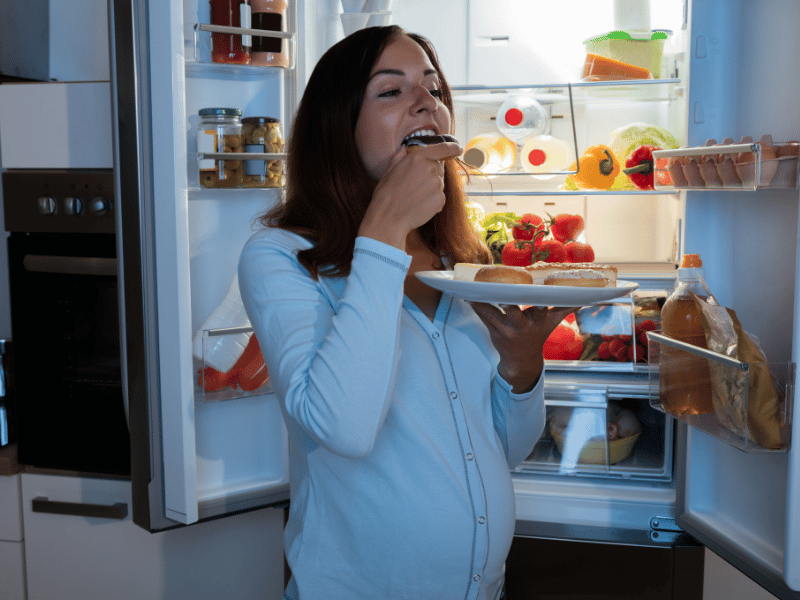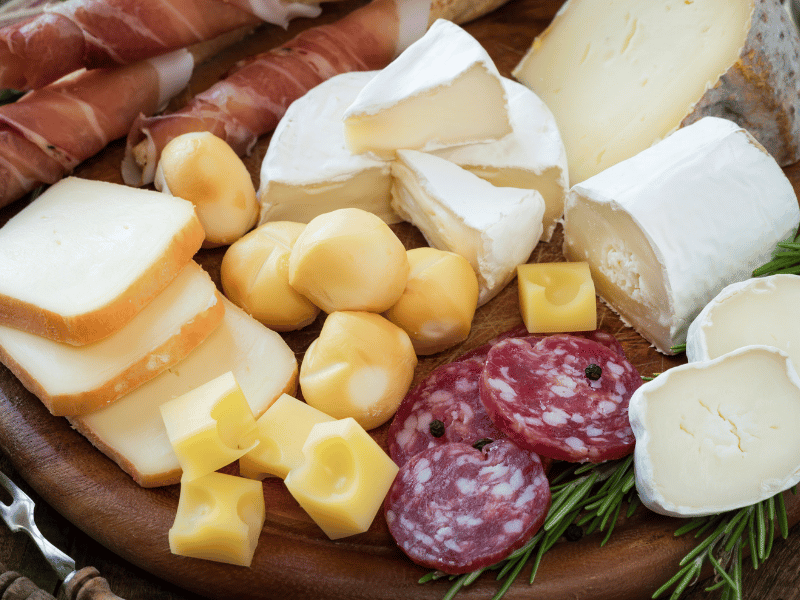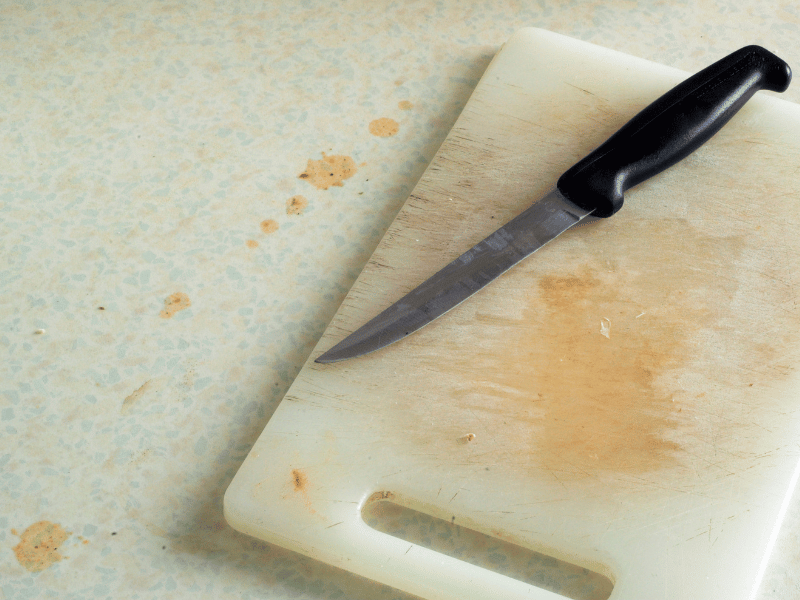Protecting your most precious package.
Kristin Murdock
18 May 2024, 9:28 PM
 It's important to avoid certain foods during pregnancy.
It's important to avoid certain foods during pregnancy.Conflicting advice around food safety can often leave pregnant women confused and vulnerable.
There are already plenty of dos and don'ts when it comes to pregnancy, and plenty of medical check-ups as well.
While we don't have close access to pregnancy specialists or maternity hospitals in many areas of the Western Plains, there is plenty an expectant mother can do to keep herself and her baby as healthy as possible.
The University of New South Wales (UNSW) has recently released information around what foods to avoid during pregnancy.
While food poisoning would obviously be an issue, it is the disease, Listeria which can pose a huge risk.
UNSW food safety expert, Associate Professor Julian Cox said the outcomes of Listeria infection can be severe.
“If a healthy adult becomes infected with Listeria, the likely worst outcome is a bad case of ‘gastro’, that may last only a day or two. However, the risk for an expectant mother is much higher,” he said.
In 2018, a national Listeria outbreak, traced to contaminated rockmelon, sadly caused the death of five people and one miscarriage.
Food to avoid
Besides soft cheese, a well-known possible carrier of the bacterial pathogen, UNSW scientists suggest keeping unpasteurised dairy products, deli meats, sliced or diced packaged ready-to-eat meats and refrigerated meats including pate, off the menu.

“The biggest problem is the resilience of Listeria," Assoc Professor Cox said. "The bacterium can survive and thrive in natural, domestic, and industrial environments where food production, processing and preparation take place.”
The resilient pathogen can even thrive under refrigerated conditions unlike other well known pathogens like salmonella.
“Even in food processing settings, it can easily contaminate various environments, including floors and drains, and complex equipment that may be difficult to clean and sanitise," Assoc Professor Cox said.
“So even if we have, for example, a perfectly safe block of cheese or salami, it can become a risk if exposed to a processing environment, such as grating or slicing, that has become contaminated with Listeria."
Associate Professor Cox urged pregnant women to be aware of use-by dates on foods and choose safer alternatives like hard cheese or pasteurised milk.
Conflicting advice from different states makes things even more confusing.
For example, the NSW Food Authority advises against eating processed deli meats, such as ham, salami, and chicken meat, unless thoroughly cooked to at least 75 degrees Celsius, and eaten soon afterwards whereas the South Australian Women's and Children's Health Network recommends to avoid cold meats altogether.

Processed meats have joined soft cheeses on the list of foods to avoid during pregnancy.
Consuming fish should also be done cautiously, due to possible high levels of mercury.
What can an expectant mother do to avoid Listeria?
“Following the food hygiene practices in a commercial setting is so important because we know that Listeria can grow and contaminate the environment and equipment used to process foods,” Assoc Professor Cox says. “And much the same can then be said about the preparation of food in the home kitchen."
“Work clean, observe good personal hygiene, like washing hands after toileting or handling high-risk foods like raw meats, and remember good food hygiene practices like maintaining cleanliness in the kitchen.
" A handy tip is to use different chopping boards when prepping any meats and fruits and vegetables to reduce the risk of cross-contamination.”

Researchers suggest we double-down on cleanliness to protect unborn babies.
Associate Professor Cox also mentioned the importance of time-temperature when preparing foods.
“If you’re still worried, cook or reheat your food thoroughly to reduce the risk of any bad bugs surviving or growing,” he says. “And when you do, remember the danger zone: try to keep foods at or above 60 degrees Celsius or at or below five degrees Celsius. Keep hot foods hot and cold foods cold, and get perishable and cooked foods into the fridge as soon as possible – this will minimise any risk of food becoming unsafe.
“Keeping food well below five degrees Celsius greatly slows the growth of Listeria. Still, while it is generally considered safe to consume leftovers within two to four days, in pregnancy restrict that to one day, given the greater risk of listeriosis.”



